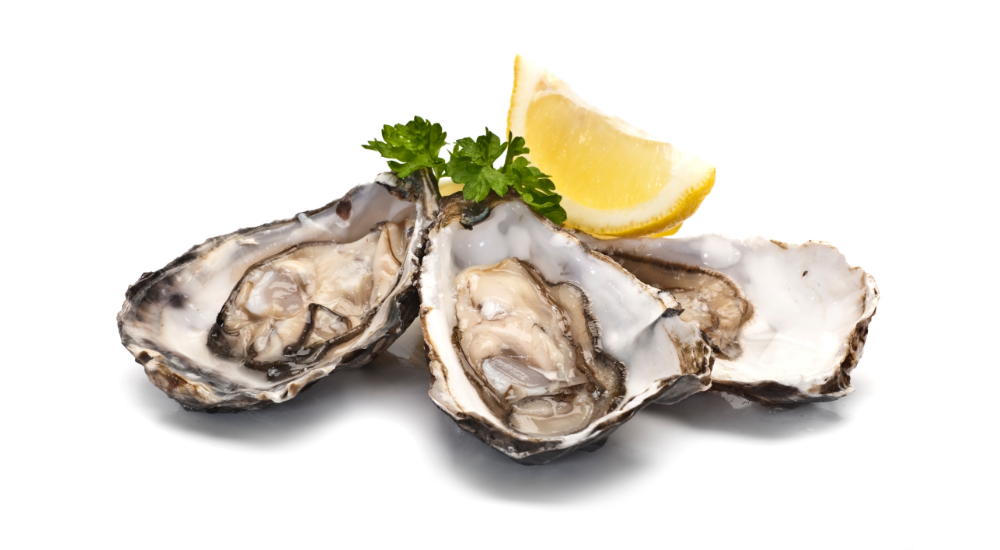When it comes to our feline friends, we often find ourselves questioning what they can and can’t eat. Oysters, in particular, are not typically a food that crosses the minds of cat owners. However, as pet owners, we strive to provide diverse and nutritionally-balanced meals for our pets. So, is it safe for cats to eat oysters? Let’s delve into this topic and explore the potential risks and benefits.
In short, cats can technically eat oysters. Oysters are a rich source of protein, vitamins, minerals, and omega-3 fatty acids, all of which are beneficial to a cat’s overall health. They also contain taurine, an essential amino acid that cats need to obtain from their diet since they cannot produce it on their own.
Why Cats Shouldn’t Eat Oysters
While the nutritional benefits of oysters seem compelling, there are several reasons why feeding your cat this briny treat is not recommended. The key lies not in what oysters contain, but in what they might bring along with them.
Firstly, oysters are known to carry a risk of foodborne illnesses. The warm, brackish waters they call home provide a fertile breeding ground for harmful bacteria, parasites, and viruses. Consuming raw or undercooked oysters could potentially lead to serious health issues for your feline companion, such as food poisoning.
Secondly, oysters are high in sodium. While a moderate amount of sodium is essential for your cat’s health, excessive intake can be harmful. It may lead to symptoms like vomiting, diarrhea, excessive thirst, and even seizures. Chronic high sodium intake could also result in hypertension, kidney disease, and heart problems.
Lastly, the hard shells of oysters present a choking hazard and can damage a cat’s digestive tract if accidentally ingested. This could lead to serious complications requiring immediate veterinary attention.
Nutritious and Safe Food Options for Cats
Proper nutrition is crucial for maintaining your cat’s health and wellbeing. A balanced diet for cats should primarily include high-quality animal proteins, a moderate amount of fats, and a minimal amount of carbohydrates. While variety is important, it’s essential to stick to safe and suitable food options.
Commercial cat food, whether wet or dry, is formulated to meet all of your cat’s nutritional needs. When choosing a brand, opt for high-quality options that use real meat as their primary ingredient, rather than by-products or fillers. Pawsoha has a variety of informative articles on cat nutrition that can guide you in selecting the right food for your furry friend.
If you’re interested in providing fresh food for your feline friend, lean meats like chicken, turkey, and fish can be a good option, as long as they’re cooked properly and free from any seasoning. Remember, cats are obligate carnivores, meaning they require a diet rich in animal protein to thrive.
While it’s okay to treat your cat to an occasional piece of fish or poultry, it’s essential to avoid foods that are toxic to cats, such as onions, garlic, chocolate, alcohol, caffeine, grapes, and raisins. Also, remember to avoid feeding cats any form of raw or undercooked meat to prevent the risk of bacterial or parasitic infections.
Frequently Asked Questions
Here are some commonly asked questions about cats and oysters:
Q: Can cats eat oysters in moderation?
A: While cats can technically eat oysters, it’s best to avoid feeding them to your feline friend due to the potential risks associated with foodborne illnesses, high sodium content, and the choking hazard presented by the shells.
Q: Is it safe for cats to eat cooked oysters?
A: If the oyster is fully cooked and your cat seems fine after accidental consumption, there’s likely no cause for alarm. However, it’s always best to consult your vet whenever you’re unsure.
Q: What are some safe food options for cats?
A: A balanced diet for cats includes high-quality commercial cat food that meets their nutritional needs. Fresh lean meats like chicken, turkey, and fish can also be fed to cats, as long as they’re cooked properly and free from any seasoning.
Q: Are there any foods that cats should avoid?
A: Yes, cats should avoid foods that are toxic to them, such as onions, garlic, chocolate, alcohol, caffeine, grapes, and raisins. It’s also important to avoid feeding cats any form of raw or undercooked meat to prevent the risk of bacterial or parasitic infections.
Conclusion
While the idea of cats devouring oysters may seem intriguing, the potential risks associated with this indulgence outweigh the nutritional benefits. The key to keeping your cat healthy is to provide them with a balanced and safe diet. If you’re ever unsure about what you can or can’t feed your feline friend, don’t hesitate to consult with your vet. They are the best resource when it comes to understanding what’s safe and beneficial for your cat’s health. So, instead of indulging your cat’s curiosity with oysters, opt for cat-friendly meal options that promote their optimal health and longevity.
